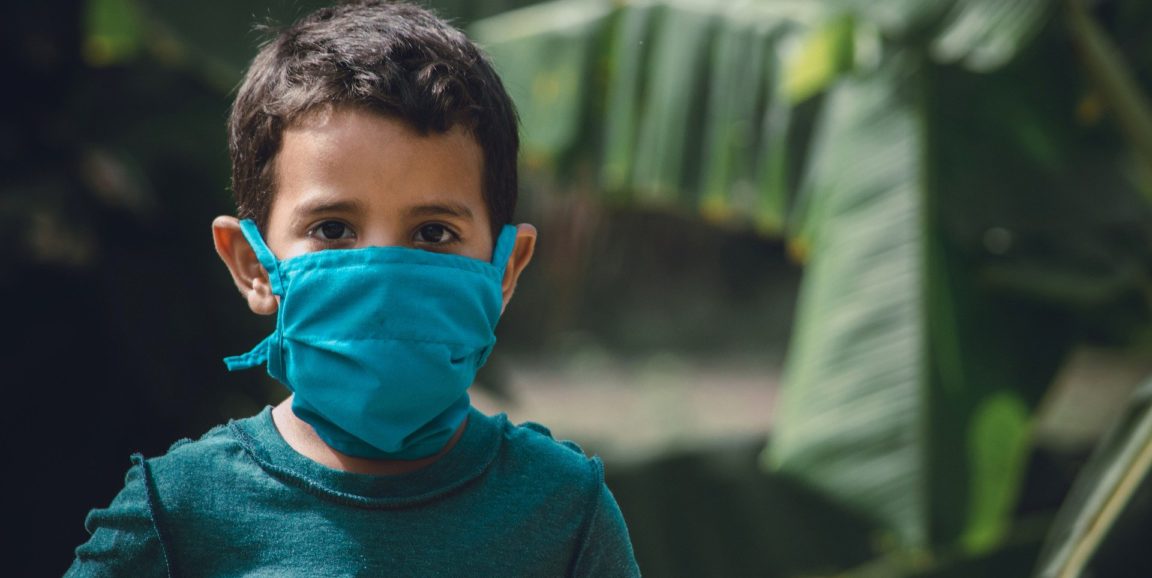As I was preparing to talk with Stanford psychiatrist Victor Carrion, MD, about speaking to kids about COVID-19, I couldn't get the Stephen Sondheim song, Children Will Listen, from the musical Into the Woods, out of my brain. To me, when thinking about kids and this moment of tumult and upheaval around the world, the first stanza says it all.
How do you say to your child in the night
Nothing is all black, but then nothing is all white?
How do you say it will all be all right
When you know that it might not be true?
What do you do?
What do you do? Parents and caretakers everywhere are asking that question.
Carrion, director of Stanford Medicine's Early Life Stress and Resilience Program, told me in this 1:2:1 podcast that during this unprecedented time, when nothing is black or white and "we're in the gray area" with no definitive answers, it's important to be honest and transparent when talking with kids. He said,
You want to be honest. You want to be clear. You don't want to beat around the bush. You really want to talk about what their concern is, because if you don't answer clearly, that concern is going to remain there.
Also, Carrion said, their questions and your responses will vary, depending on the age and development stage of the child. For example, playing is essential for young kids because it's more than just "fun," he told me.
"Play is very important developmentally for a number of reasons," he said. "Children mature socially, emotionally, physically through play. It is important not to limit their play in any way."
For adolescents and teens, sheltering in place -- and the isolation it brings -- can be especially difficult. It's key for teenagers to have privacy and their own space, Carrion said:
I would try to find a place at home that is really for them, a teenage cave, if you will. But it is important not to say, 'Eventually you'll be social again.' It's important to come up with ways of being social now, virtually and through the phone.
What about missing those spring milestones, like prom and graduation? I asked. How do you help teens accept that they're missing those moments and memories? He told me, "I think reconstructing negative truths and negative assumptions is going to be important." He continued:
Yes, there won't be a senior prom. But there will probably be something bigger ... something more creative that no class has ever had. The celebration, when it comes, is going to be bigger, because you all have not seen each other for so long. So, acknowledging the reality of it, but framing the possibilities.
Considering the point Sondheim raises -- that nothing is all black, nothing all white -- I asked Carrion if there are there some deeper life lessons here. Lemonade from the lemons?
He told me, "It's an opportunity to teach your children that, in fact, most things in life are gray."
Carrion cited a number of online resources for parents, including Stanford Medicine's Early Life Stress and Resilience Program, The American Academy of Child & Adolescent Psychiatry, and Stanford Children's Health.
Listen to more 1:2:1 podcasts on COVID-19 from Paul Costello at https://soundcloud.com/stanfordmed/sets/covid-19
Photo by Manuel Darío Fuentes Hernández






